Superintendent Mick Searle on what’s driving youth crime in Far North Queensland
One of the top cops in Far North Queensland says a “cycle of fear” is turning children into criminals and early intervention is key to driving down crime.
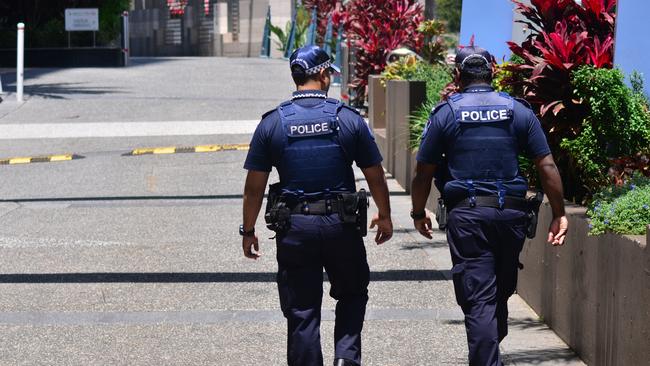
News
Don't miss out on the headlines from News. Followed categories will be added to My News.
One of the top cops in Far North Queensland says a “cycle of fear” is turning children into criminals and early intervention is key to driving down crime.
The region was officially declared the youth crime capital this week, according to Queensland Police Service data.
Far North District Superintendent Mick Searle said many children in the region were exposed to domestic violence and life threatening circumstances, which meant they turned to criminal activity instead.
“There are a range of factors … there’s the family connections, peer pressure, and the potential for violence in the home through domestic violence,” Superintendent Searle said.
“Domestic violence is a very real thing for some kids.”
It comes as police reveal more young females are offending.
“In September we had 11 young females on the list and at the end of October, that has risen to 15,” Superintendent Searle said.
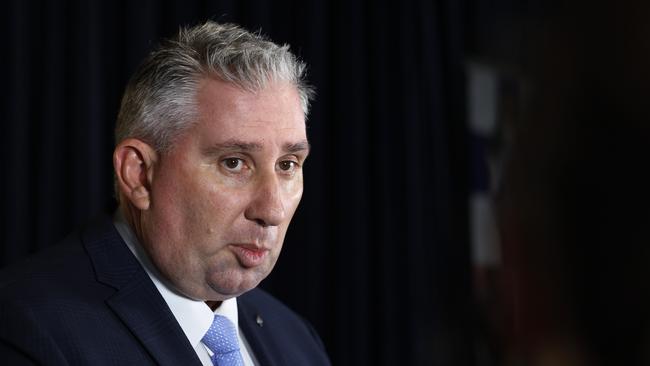
While the rise in female youth offenders was concerning, Mr Searle said an increases in “any demographic” would be a concern for police.
Serious repeat offenders have also increased from about 50 to 78 — a trend which has intensified since 2022.
“What it comes down to is more people are being driven into this, not just young females,” he said.
The new data shows more than 13,100 repeat youth offenders were caught across Queensland for breaching their bail this year, 2080 of those were from the Far North.
“One of the things we know is when an offender breaches bail, we’ll hold them accountable,” Mr Searle said.
“We do a lot of work in that space. We identify the bail breaches, that's why our numbers are high, because we’re out there checking in on those offenders.
“I'd be more worried if our numbers were lower, as that means we’re not doing our job.”
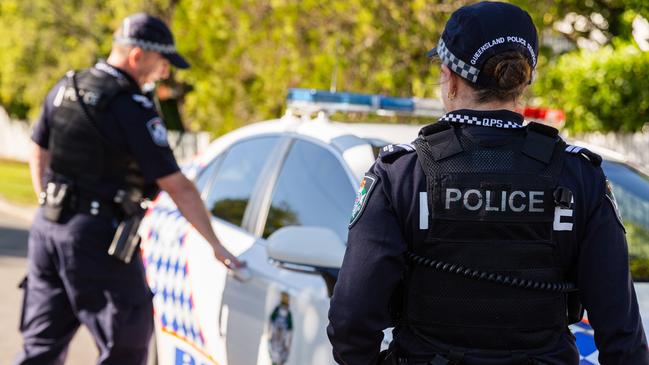
Mr Searle said authorities were working with partner agencies in Cairns, such as Youth Justice, Child Safety, Education, Housing and Health, to address the root cause of youth crime.
“They are a small group of offenders who are creating a lot of the drama because they commit the majority of crime,” he said.
“Where there’s real opportunity for us to start to make inroads into the youth crime issue, whether it be in Cairns or elsewhere, is within the intervention space ... (but) we can only get to one thing at a time. We can only get to one domestic violence incident at a time. We can only get to one kid at a time.
“However, what we’re trying to do through early intervention is we’ve employed and we now have school support officers here that sit within our vulnerable persons network, our vulnerable persons office.”
Working within the education department to identify opportunities to “buy-in at the really early years”, is one way services and police hope to make inroads.
“Both the child and the family need to be on-board,” Mr Searle said.
“The beauty of the early action group is it can individualised.
“The youth co-responder team can, when they’re dealing with those individual kids, give them that bit of one-on-one and find out what works.”
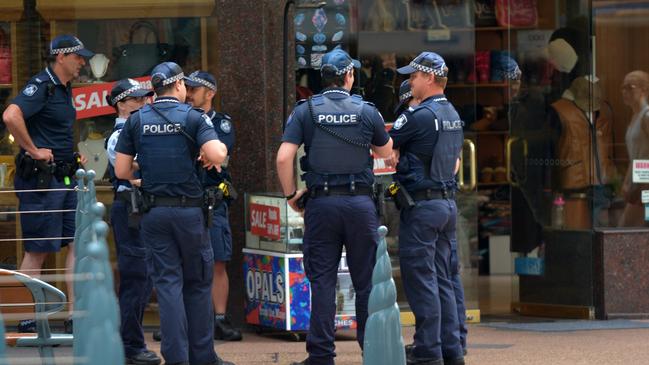
Mr Searle also spoke to a “cycle of fear” which could be pushing young people into unsafe environments.
“Fear, for a whole range of factors, will drive people away from a place that’s supposed to be safe and then possibly drive them into an environment that creates, you know, unsafe acts,” he said.
“They (offenders) understand there are consequences to their actions, but that doesn’t always stop them from committing crimes.
“Some of these offenders are still choosing to engage in criminal behaviour, knowing the risks.”
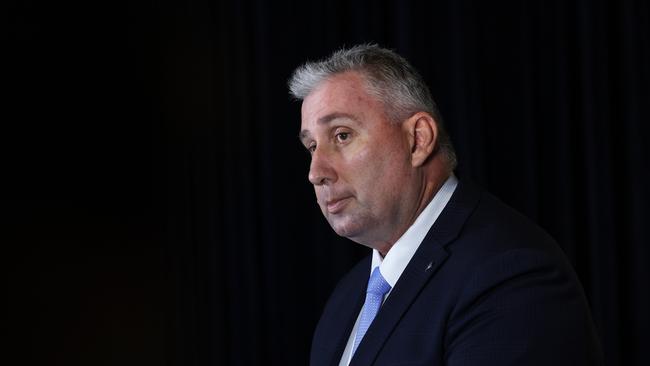
The Early Action Group is one of the services used to help up to 20 families and children, along with the Youth Co-Responder Team, which operates 24/7 to support at-risk youths in the community.
“Kids can call these guys any time of day or night for help, like to be picked up if needed,” Mr Searle said.
But the capacity of these services remains limited, with interventions only able to support a small number of individuals.
“The community, including social services and local families, need to continue to assist us,” he said.
“I’m so grateful for the community’s continued involvement, without them we couldn’t do the work we do.
“Please keep supporting your neighbours, especially during the holiday season with people heading out of town. If you see something, say something.”
More Coverage
Originally published as Superintendent Mick Searle on what’s driving youth crime in Far North Queensland





